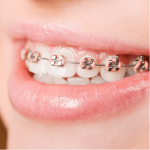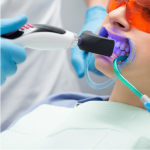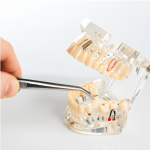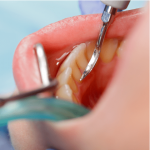
Types of Occlusal Problems
If your teeth don’t fit together properly, you can have problems not only in your teeth themselves but also in the gums, the temporomandibular joint or the muscles that move your jaw.
Clicking, grinding or pain in your jaw, ringing or buzzing in your ears and difficulty in opening or closing your mouth could all be due to your teeth not meeting each other properly.
These problems are called occlusal problems. Dental occlusion is the way your teeth touch when your jaws bite together.
A subscription is required to display the requested content.
The license for (tagdental.my) is not active.
Teeth
Teeth that are out of line, heavily worn or constantly breaking, fillings that fracture or crowns that work loose may all be signs of occlusal problems. Your teeth may also be tender to bite on or may ache constantly.
Gums
Loose teeth or receding gums can be made worse by an incorrect bite. Periodontal disease can cause receding gum lines and eventually loose teeth. Your teeth may also be tender to bite on or may ache constantly.
Temporomandibular Joint
The temporomandibular joint, often known as TMJ, is the joint connecting your lower jaw and your skull. The movement in this joint lets you open and close your mouth and chew from side to side.
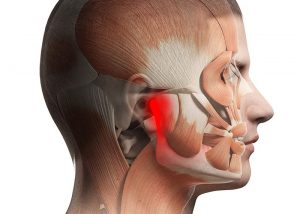
Muscles
If your jaw is in the wrong position, the muscles that move the jaw have to work a lot harder and can get tired. This leads to muscle spasms. The main symptoms are constant headaches or migraine, especially first thing in the morning, pain behind your eyes, sinus pain and pains in your neck and shoulders. Sometimes even back muscles are involved.
If you are suffering from any of the symptoms listed above, do come in for a consultation at TAG Dental Clinic. Our qualified dentist will be able to guide you through the treatments and procedures to help you achieve better oral health.

